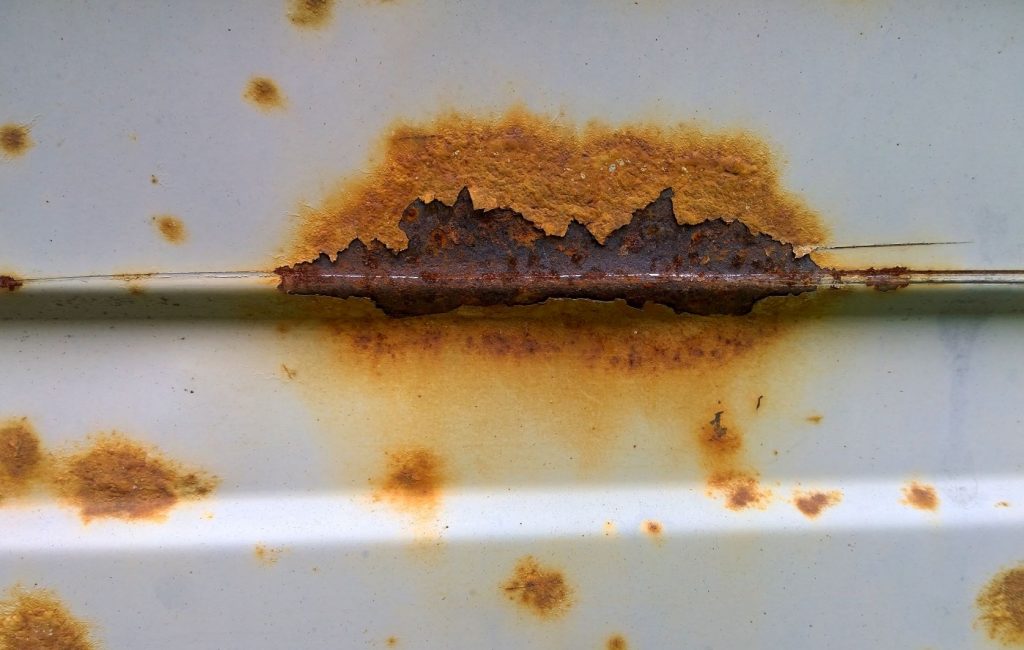
How to Prevent Cargo Damage: The Importance of Preservation
Posted on March 01 2023

There are many ways to prevent cargo damage when shipping goods. The weight distribution inside the container must be even, lighter items must be stowed above heavier items and the cargo should be packed as tightly as possible. One thing that is often overlooked, however, is the importance of preservation.
Preserving metallic surfaces to prevent cargo damage
Unprotected metal surfaces containing iron can create a problem during export. Rust is unsightly and can form overnight if moisture gets on to the surface of a product. If these surfaces are exposed to saltwater, the rusting process will be rapidly accelerated, causing serious damage to the goods.
Oils, greases and water repellants can prevent cargo damage by directly protecting vulnerable surfaces. Desiccants can also be used to absorb moisture in the surrounding air if the cargo is sealed within a climatic barrier.
Materials which protect metals from corrosion, such as volatile corrosion inhibitors (VCIs), can be used for hard to reach metal surfaces. VCIs work by forming an invisible layer on the metal surface that acts as a barrier to prevent oxidization.
Preserving non-metallic surfaces to prevent cargo damage
Consideration should also be given to how non-metallic cargo is packed and preserved, particularly during lengthy transit times.
Sealed shipping containers passing through hot and cold climates can develop a significant amount of condensation, or water droplets. These water droplets can damage the cargo, or be absorbed by the cardboard containers used to package the goods. In severe circumstances, the cardboard containers can disintegrate completely, causing the contents to spill out before they arrive at their final destination.
Am I covered by insurance?
It is important to understand when moisture or condensation damage is covered by insurance. Typical ‘all risks insurance’ covers cargo that is damaged by accident, or during unforeseen circumstances, which is usually referred to as ‘fortuitous’. Condensation in shipping containers is not considered fortuitous unless it can be proven that water ingress occurred through the container’s floor or doors. This usually applies in extreme circumstances, for example, if the container has been stored in a flooded area, or the container’s doors are not sealed correctly.
Brian Smith, CEO at Stadium Export Services, explains the risks and costs that can occur when preservation is overlooked: “Poorly preserved cargo can be costly to exporters as it can lead to additional rework, delayed payments and loss of customer confidence.
“All cargo preserved and packed at Stadium, regardless of size, weight, value or vulnerability, is packed with the care and attention to detail customers expect, without risk to the shipping deadline.”
Are you looking for a shipping company to help with preservation for export? Stadium Export Services offers a full-service packing, preservation and freight forwarding solution. Our expert teams will offer you advice and guidance on which preservation application will be most suitable to prevent damage to your cargo, depending on the nature of your goods and the duration of protection required.